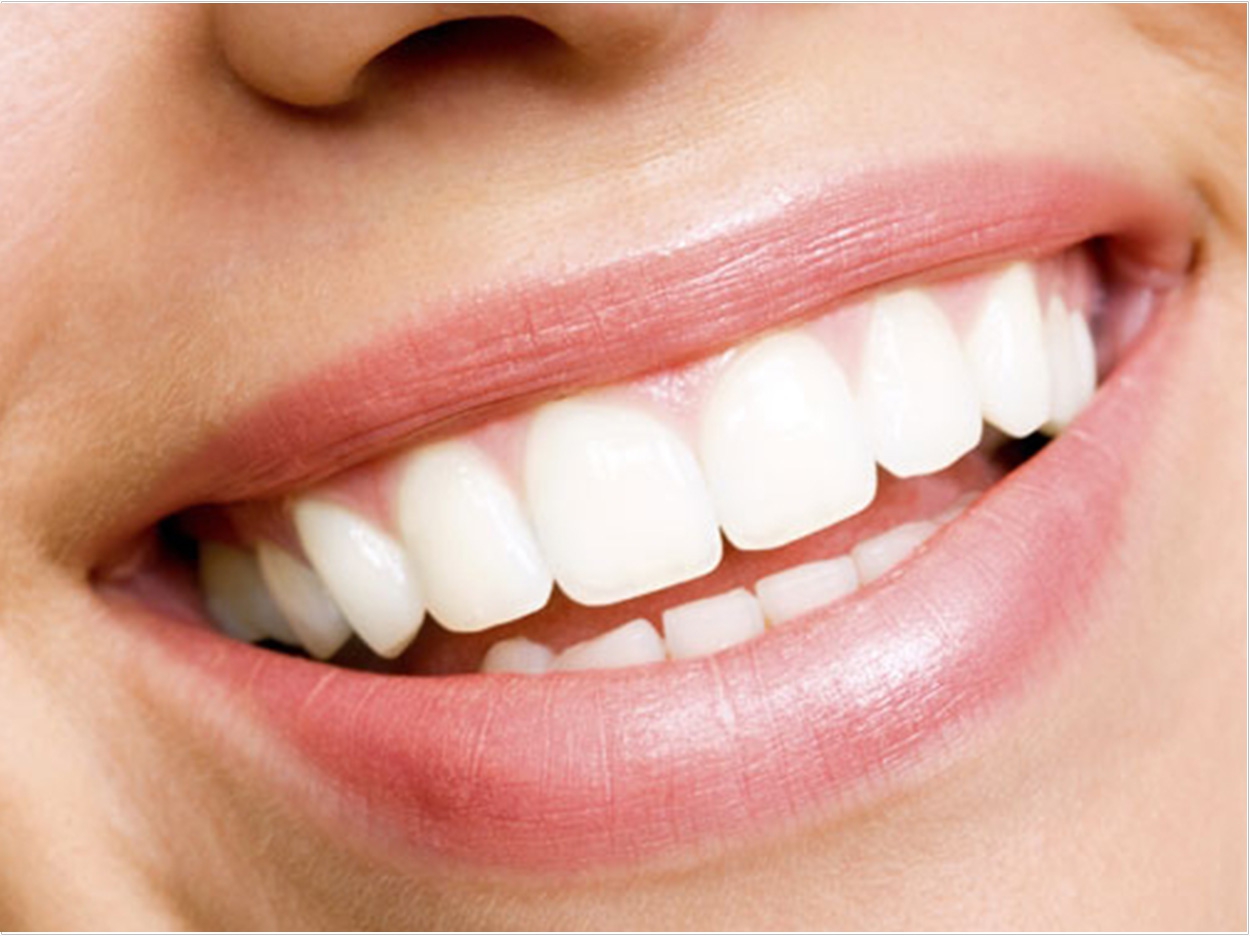
Researchers at King’s College London Faculty of Dentistry, Oral & Craniofacial Sciences have revealed how the immune system interacts with stem cells during tooth repair.
Cavities permanently damage the hard, mineral surface of teeth. Once they reach the pulp, the tooth becomes infected, and further issues arise. Stem cells are present in the pulp, though, and damage stimulates them to differentiate into specialized cells known as odontoblasts that act to replace lost minerals and repair the tooth.
Building on previous studies, the researchers have revealed how macrophages, which are specialized cells in the immune system, and stem cells interact following tooth damage to promote repair. The researchers found that macrophages are required for pulp stem cell activation and appropriate reparative dentine formation.
Also, the researchers show that by naturally stimulating tooth repair via Wnt/b-catenin signaling stimulation, dentine formation is enhanced due to the activation of pulp stem cells and promotion of an anti-inflammatory macrophage response.
These findings demonstrate that by understanding how the body reacts to damage, the researchers said, it is possible to modulate the host response to improve the dental reparative capacity, potentially increasing the lifespan of teeth.
The study, “Macrophage Modulation of Dental Pulp Stem Cell Activity During Tertiary Dentinogenesis,” was published by Scientific Reports.
Related Articles
3-D Printed Bioceramic Implant Induces Cranial Regrowth
Study to Use Patients’ Own Stem Cells to Grow Jaw Bone
Molecules May Stimulate Stem Cell Regeneration to Fight Periodontal Disease












